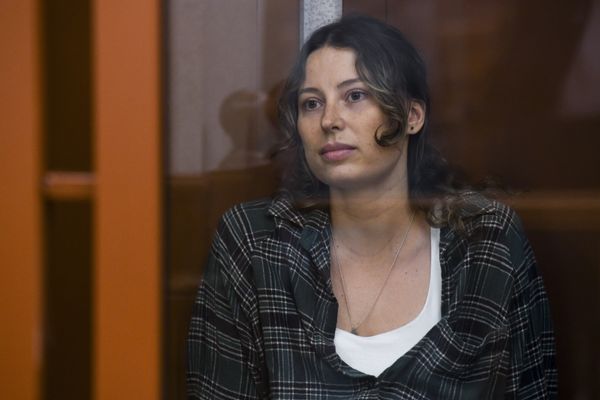
In his latest directorial effort, 'A Real Pain,' Jesse Eisenberg delves into a personal and thought-provoking exploration of Polish-Jewish relations and the complexities of intergenerational trauma. Starring Eisenberg himself and Kieran Culkin, the film premiered in the U.S. Dramatic Competition at the Sundance Film Festival.
Inspired by his family's Polish roots, Eisenberg was particularly intrigued by the stories his aunt shared about the positive relationships she had with the Polish people despite the prevailing narrative he had heard growing up. This fascination led him to write a play called 'The Revisionist,' which starred Vanessa Redgrave and delved deeper into these themes. Eisenberg's desire to make a film in Poland emerged from his love for the country and his aspiration to explore its various cities.
Interestingly, although Eisenberg chose not to star in his feature debut, he decided to take on a role in 'A Real Pain.' Initially, he intended to play Kieran Culkin's character, drawn to its showier and more complex nature. However, considering the demanding workload of a director, Eisenberg and his producers determined it would be too challenging for him. Ultimately, Culkin proved to be the perfect fit for the character, bringing both humor and intensity to the role.
Casting Culkin was a serendipitous encounter, influenced by Eisenberg's sister, who insisted that there was only one actor suitable for the part. Intrigued, Eisenberg watched Culkin's performance on the acclaimed show 'Succession' and knew instantly that he was the ideal choice. Culkin's ability to effortlessly embody the character's enigmatic nature made him a standout addition to the film.
One significant aspect of 'A Real Pain' was the decision to film on location at a concentration camp, which posed a unique set of challenges. The team worked closely with experienced producers who had previously handled similar scenes set in concentration camps. Initially, Eisenberg had penned the script to be filmed at Majdanek, a concentration camp near his family's hometown. However, due to budget constraints, building a replica of the camp would have been prohibitively expensive.
The filmmakers engaged in a dialogue with the administrators of Majdanek, sympathetically explaining their intentions to shoot a contemporary depiction of the camp. The objective was to portray the characters as respectful visitors and to align with the administrators' mission of educating current generations about the camp's history. Through open communication, trust was established, and the team received permission to film at the site. Numerous meetings were held to ensure accurate representation and to incorporate the input of the young docent, who became an integral part of the collaborative process.
With two directorial projects under his belt, Eisenberg is already setting his sights on future endeavors. He revealed that his next film is a musical, and the early stages of preparation are well underway. Expressing a desire to direct one film per year, Eisenberg is determined to continue exploring diverse storytelling avenues and pursuing his passion for filmmaking.
'A Real Pain' highlights Eisenberg's growth as a director and his commitment to examining complex themes with sensitivity and thoughtfulness. The film's exploration of Polish-Jewish relations and the weight of historical trauma is a testament to the power of storytelling and its ability to provoke introspection and understanding. As his directorial journey continues, audiences can expect more thought-provoking projects from Jesse Eisenberg in the years to come.







